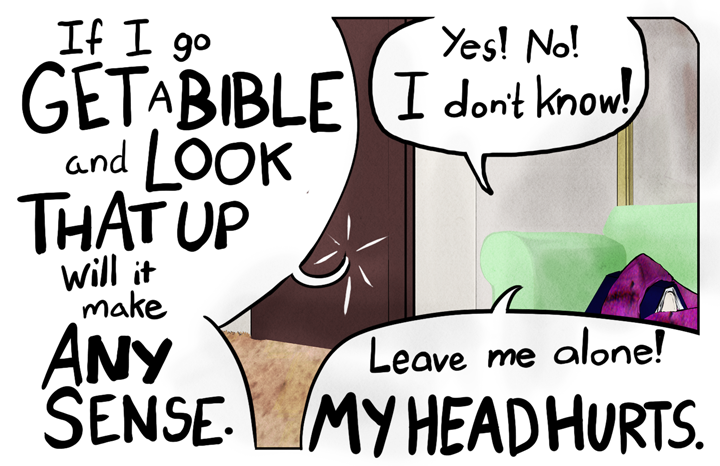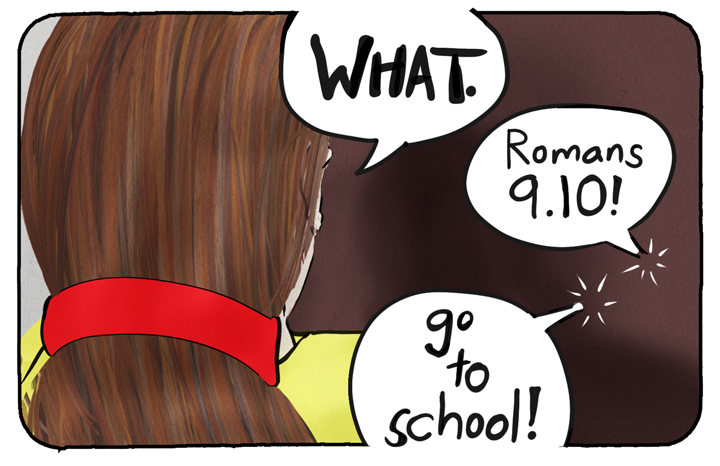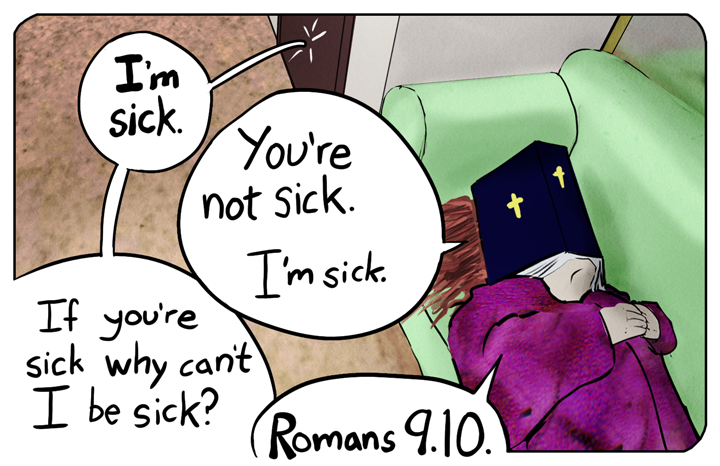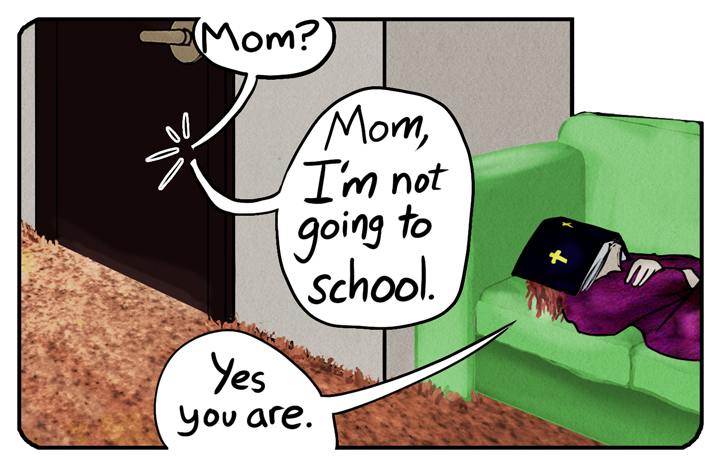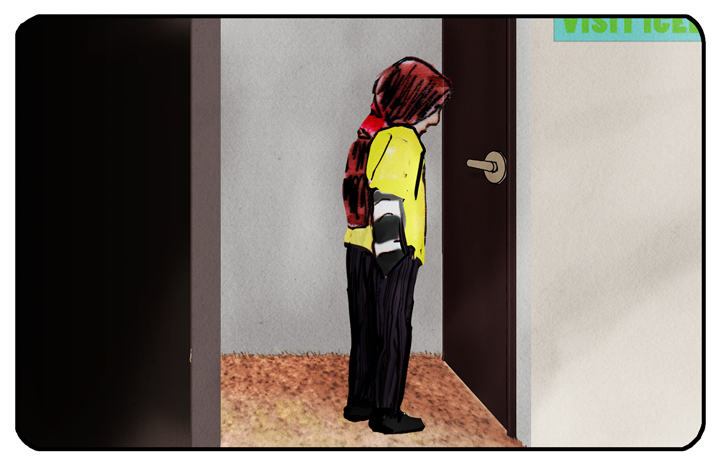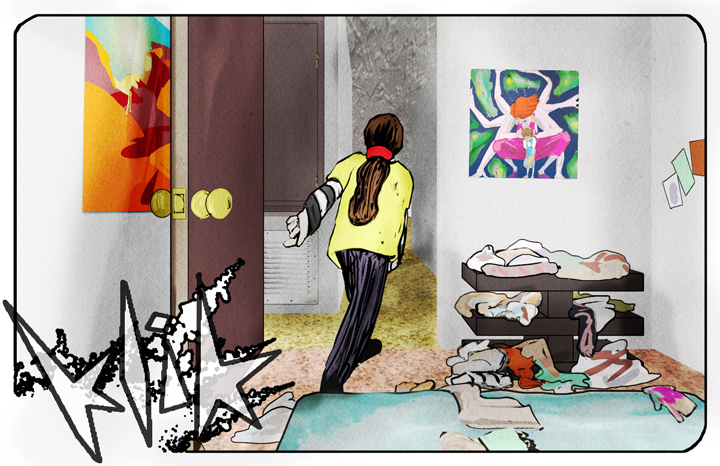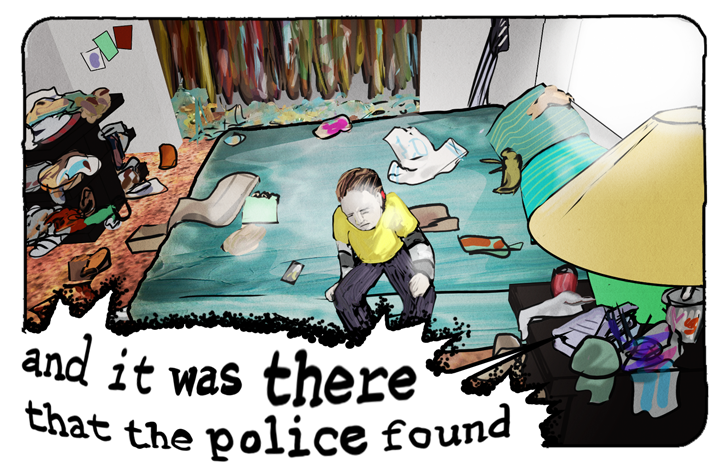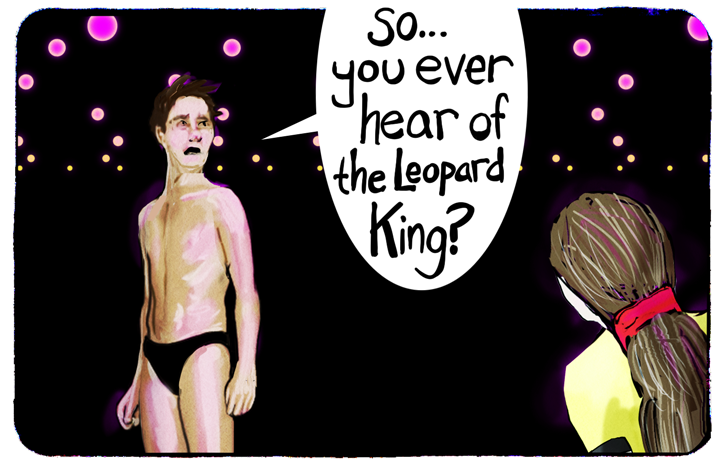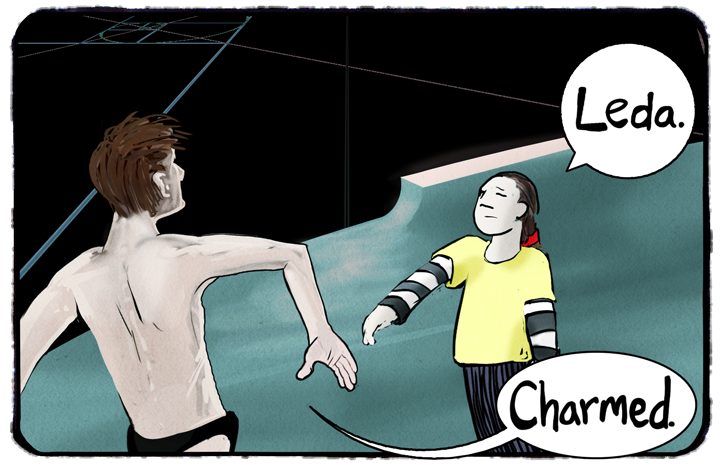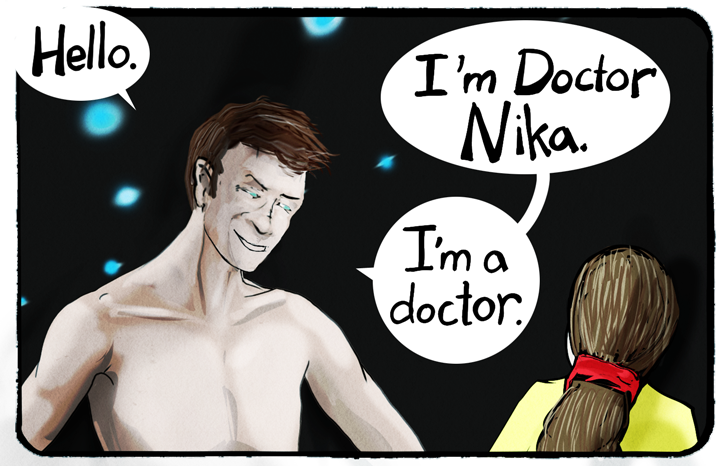Watched a movie called Tracks. Not that good of a movie, but it made a good point. The decision to leave is the actual beginning of the journey. Even though no one knows where a journey will lead and we cannot even be sure where it ends, the beginning always comes when we choose to leave.
Archive for ‘fief’
Hyper-rational people reject smaller superstitions in favor of one larger one, the idea that the universe is rational and is best navigated by rational means.
Nothing against that idea, because it’s the best one we’ve had yet. But it sure doesn’t explain everything.
The rational are utterly convinced of the primacy of their myth. It reminds me of monotheism.
Maybe Judaism and Christianity worked for so long because monotheism is very inspiring to the hyper-rational personality. Those people get stuff done.
The non-ironic reclamation of the banjo is troubling to me. I would prefer, as a general rule, to not be reminded of the music of the Kentucky of my childhood. Banjos are better than country rock radio stations and cover bands called the Crackerboys, but it all runs together in my head.
Today is 420. Happy 420, the worst holiday. The day of the Deepwater Horizon explosion and the Columbine Massacre. Hitler’s birthday.
And where does 420 come from? Well, if the legend is true, it comes from a code that the police for pot. You know, before busting everyone and sending them to jail because that’s what they did in those dark days.
Every year on this day I like to remind stoners, hey, get a better holiday.
Day after tax day. I wonder where money is going.
Sometimes I suspect there is some sort of weird AI behind the internet that wants to give us all the money we want but knows that we can’t figure out how to take it, so it has to figure out different tricks to get it to us while triggering our meatspace feelings of “deserve.”
If I learned nothing else in 2014, it’s that you can’t just give people things that they don’t deserve. Even if you want them to have them, they can’t take them and they can’t use them until they’ve earned it in their own eyes. I don’t know why but it’s the way we are.
Book six of Fief! I have finally decided to do a story without a standardized spelling for the title. Because, honestly, why on earth not?
Anyway, this is a good one, I like this one. Leda in the real world is one tough customer. This next book is all about her unique approach to problem solving and her ability to turn an ordinary day into a terrifying expression of brutality.
Enjoy!
I never meant to study the (pre-)Civil War for two years straight, it just happened.
Now that it has, I’m starting to find virtues to sustained study of one part of history. We talk of things in abstractions because we have no choice — I can say “Minnesota is nice, maybe *too* nice,” and people act like there’s a thing called Minnesota, it can be nice, it can be too nice, and that there are even “people” I’m talking to. I’m really only talking to you, but I don’t even know who you are when you read this.
History’s a crowd of voices. Frederick Douglass can only tell you what things were like in one very small region in a forgotten section of Maryland for the 1830s and 1840s, he was gone by the 1850s. Abraham Lincoln saw the slaves sold at Cheapside in Lexington in the 1840s, and those slaves weren’t sold for cotton. Benjamin Hill knew what it was like to be a rich white guy in Atlanta in 1860, but he didn’t know what it was like to be poor, not white, or not a guy — and he didn’t believe those people had a right to a voice. Harriet Jacobs could have told him all about what it was like to be an enslaved black woman, but she couldn’t tell him what Atlanta was like in 1860 — she escaped to the north ten years before, and anyway she spent most of her life in a coastal crook of North Carolina.
When you read enough on one subject, you begin to incorporate the voices. I don’t have to judge a book by strict standards of what happened or didn’t happen any more, because I’ve got a fairly good idea what happened and I can tell when the author doesn’t know what they’re talking about. It’s fine if they don’t know what they were talking about; that’s authentic. There were people alive in 1860 who didn’t have a clue what they were talking about either.
Benjamin Hill, I’m looking at you here.
But time has leavened it all out to one dull roar, and by consuming as many different voices as you can, you obtain a sort of chorus. It feels like it contains some truth. Maybe it does, maybe it doesn’t. But it certainly contains effort.
I think what’s going on with the beginning of the Disney Pinocchio is that Gepetto has achieved some sort of transcendental intellectual feat. That’s the point of all the clocks. He is a wise man who has built a working model of his entire world. Then Jiminy Cricket shows up, the Town Drunk, and yells “QUIET!”
And that’s when the Blue Fairy appears, and Gepetto realizes what he really wants.
To have a son, yes. But also, to be a boy again. To experience it all again, in the perfect working world, with himself as his own child.
Of course, then it all goes wrong.
It’s a pretty good story, now that I think about it.
http://fire-plug.tumblr.com/post/104589598125
What I get from this is mostly that nobody knows why some things appeal to boys and some things appeal to girls. Not even cartoonists.
I mean, plenty people would like a Lego juice bar. That’s not a deal-breaker. It could just as easily be a ponytail under the space helmet as a crew-cut.
I think what she’s really getting at is that what is necessary is options. There has to be inclusiveness, which really does require exclusiveness. Women do not feel comfortable in exclusively male spaces unless invited, and vice versa, or something, now that we know that gender is whatever you say it is so long as you can get other people to agree.
